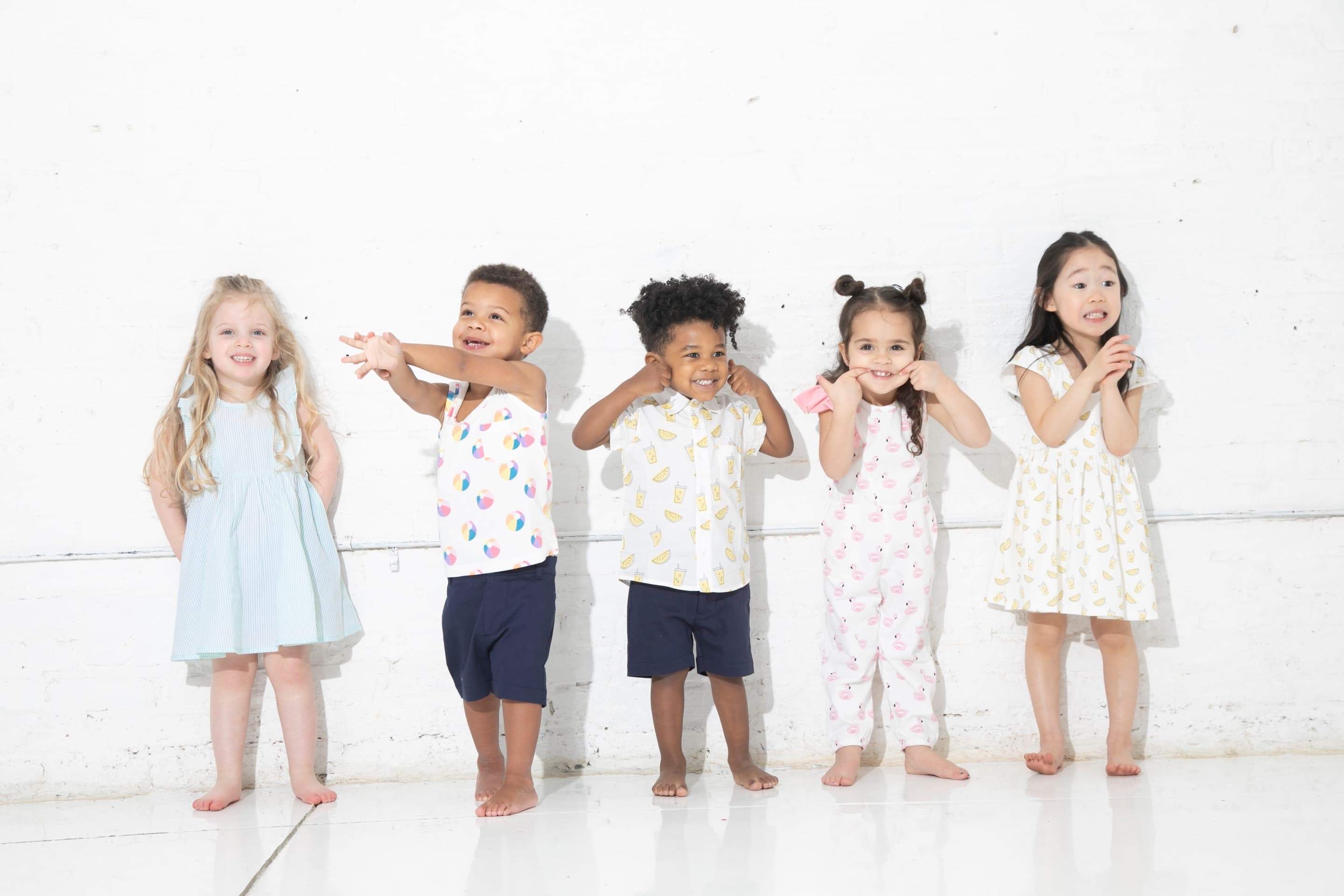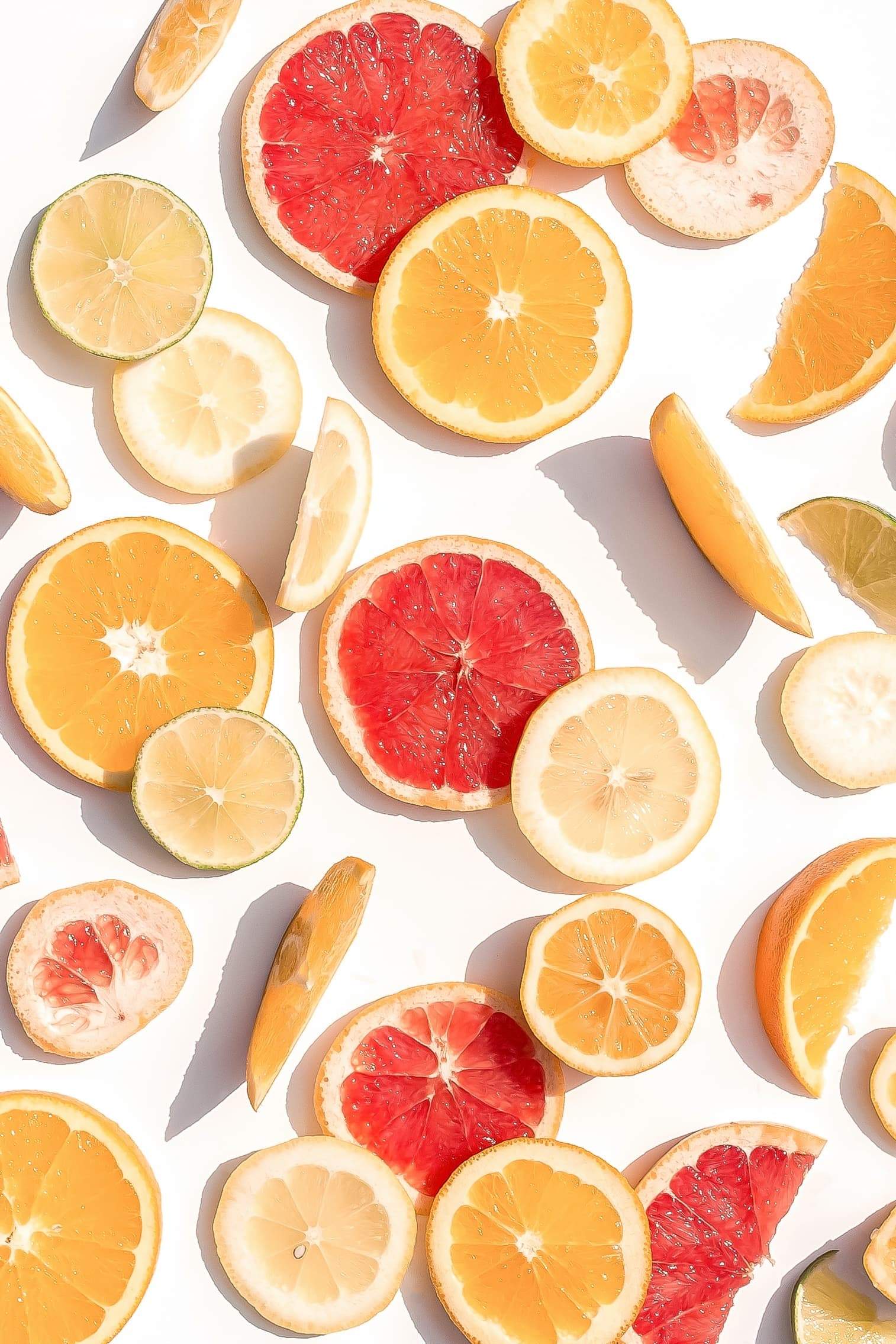Why is Organic Clothing Better For Your Baby?

When you’re cruising the grocery store aisle for baby food, it’s almost harder today to find jars and pouches that aren’t organic. But when it comes to getting your little dressed? Totally different story. Loads of babies live in cotton—yet organic cotton makes up less than 1 percent of all cotton grown in the US (despite the boatload of info we’ve got about the benefits of shopping organic, especially for tiny babes.) While cotton sounds super gentle and safe, it’s actually a crop that—unless produced with organic farming—receives a ton of chemical treatment. Eek. Here’s what every mama should know:
Your Baby’s Got Thin Skin
You know your little’s skin is sensitive, but research shows newborn skin is super permeable as well, which means it’s easier for toxic chemicals to pass through that protective layer we’re all born with. The skin barrier builds in strength over time, but kiddos are safest in organic cotton that’s GOTS-certified—meaning the clothing is 95 percent organic and free of toxic dyes or finishes.
Flame Retardants Are Still In Kids’ Jammies
It’s kind of an unsettling story—flame retardants have been added to kids pajamas for decades by law, despite well-documented links to health problems. (In the 1970’s, two of the more dangerous flame retardants were banned, but some of the approved flame retardants used today have been linked to cognitive delays and hyperactivity, among other health issues.) Here’s the good news: organic cotton jammies can be made without flame retardants, so long as they’re snug fitting (ie: less flammable). That’s much safer sleep all around.
Organic Cotton Washes Better
Regular cotton isn't nearly as durable as the organic stuff. (If you’ve felt organic cotton, the boost in quality is super obvious to the touch.) Because it doesn’t interact with harsh chemicals in production, the fibers stay strong—and super, super soft. Your baby’s skin wins because the gentle clothes don’t lose their coziness, and mom’s win because the baby clothes can be washed over and over again (and passed down to little sibs) without losing their shape and softness.
There Are No Pesticides and Insecticides to Stress Over
Conventional cotton is grown with more insecticides and pesticides that most other crops on the planet. (According to the Pesticide Action Network, cotton uses 16% of the world's insecticides.) Those toxic chemicals that have been linked to cancer, asthma, reproductive disorders and birth defects. Organic farmers bypass those chemicals for more natural materials derived from mineral, plant, or animal matter to protect their cotton crops, according to global nonprofit Textile Exchange. It’s safer for the babes, and safer for the workers, too.
Using the softest, safest GOTS-certified organic fabrics, Monica + Andy makes limited-edition prints and mix-and-match organic baby essentials without compromise. Shop Organic Baby Essentials.











